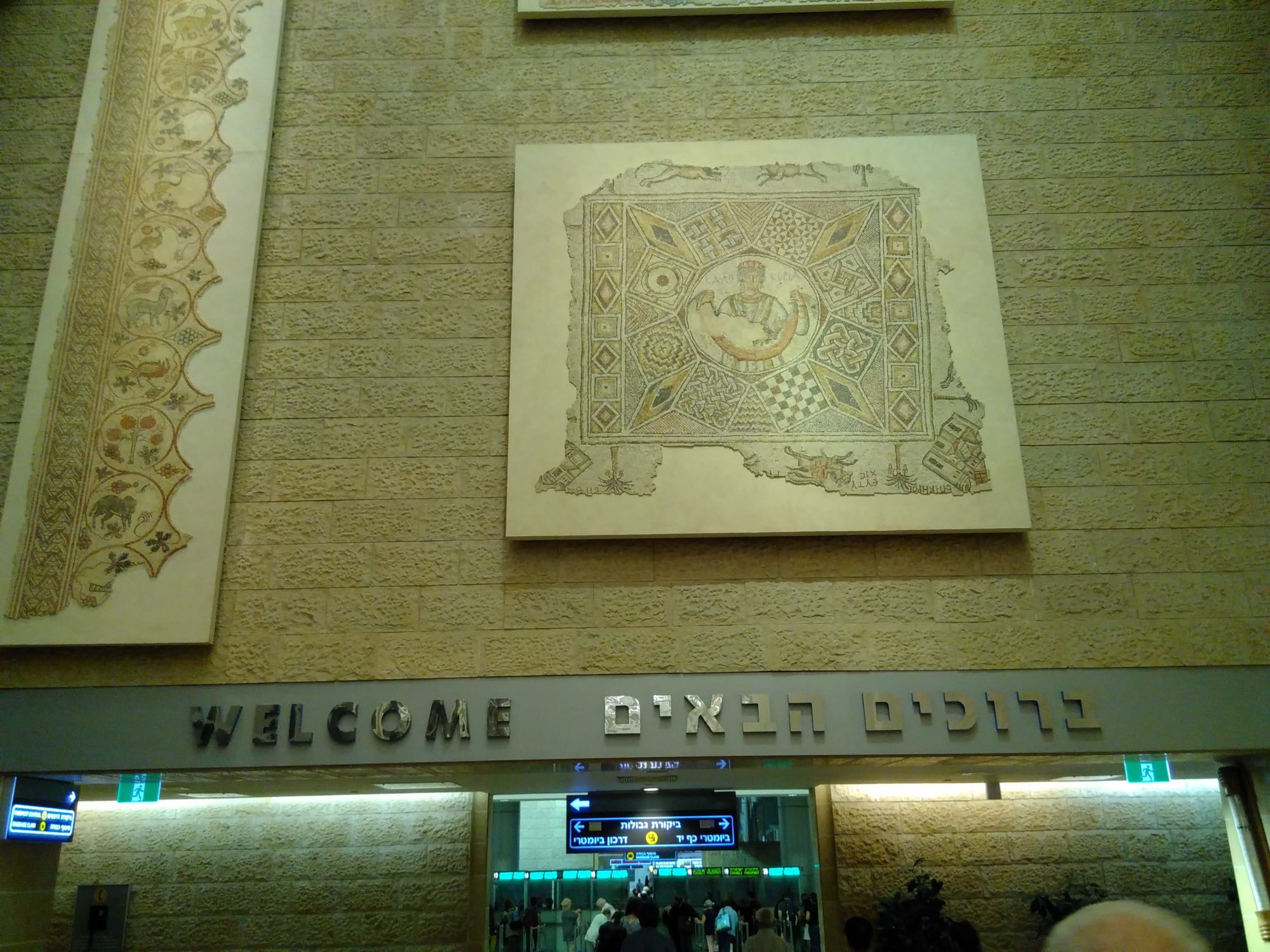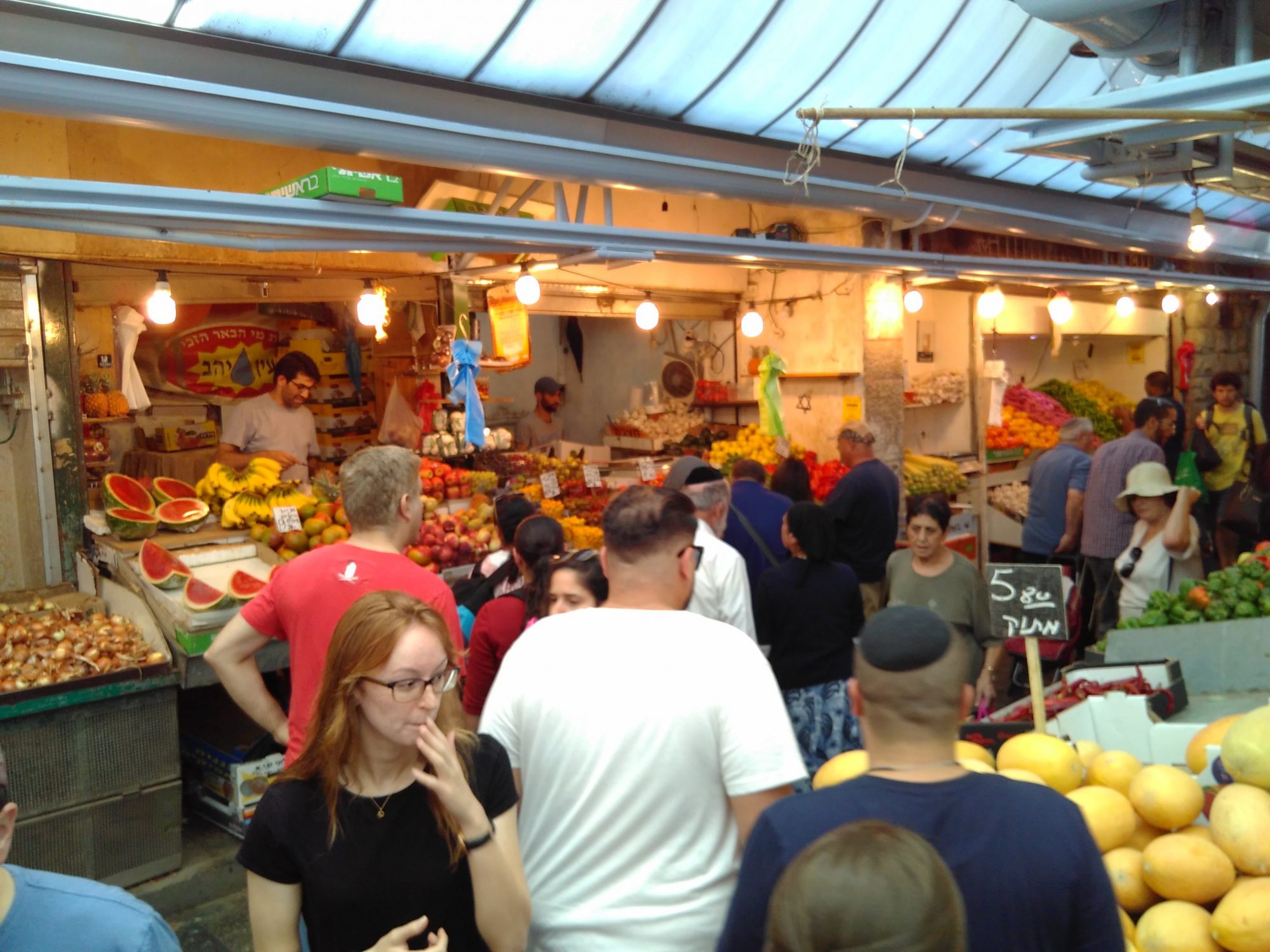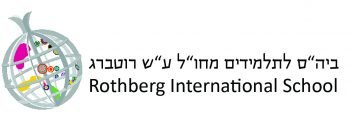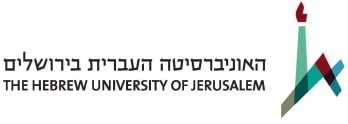Where are you from? Why are you here? These are not just the first few questions you learn to ask in Hebrew class (or בכיתה עִברִית, as our great teachers would like to hear me say). These questions are more than that – they are at the heart of our journey in life. I guess that is also why it is exactly those two questions that I’ve heard the most since the beginning of the ulpan here at Hebrew University’s Rothberg International School (RIS).
Since you are reading this, I guess there is a good chance that Jerusalem has become a part of your journey in life – or if not, after reading this, hopefully it will be! Wherever you are from, and whatever the reason for being where you are, I would like to pose a question to you: how can you make something wonderful of the moments that you are in Jerusalem? Or maybe to put it in other words: how can you make Jerusalem a new beginning in your life?

According to legend, the Roman philosopher Seneca (4 BCE-56 CE) once said: “Every new beginning comes from some other beginning’s end.” Joining the Summer Ulpan at RIS brought many things in my life to a close. I decided to quit my wonderful job as a philosophy teacher in the Netherlands, sold the beautiful house I was living in, and said goodbye to all the amazing people I had met as a volunteer philosophy instructor in a prison. Why? (?למה)
Although I can tell you a long story, the essence of it might be…curiosity! Let me explain. I remember my Dutch language teacher at secondary school. He once told us that many people who grow up tend to forget that, inside each of them, there is still a little child. As he spoke, he moved his hands from the height of an adult to the height of a little kid. “I hope,” he said, “that you will not forget the child inside yourself.” These children, he explained, see the world full of wonder. They are curious about the world around them. Moreover, they are not afraid of the unknown and (therefore) learning new things.
We tend not to like endings, just as we want to stay in comfortable situations and places that are familiar. This might also be the reason why we forget about this little child and stop learning deeply. To finish this first blog, let me share my story of exploring Jerusalem to invite you to experience this wonderful city vicariously.
I walked early in the morning from the Student Village with my Rav-Kav card to the light rail. I got on “the tram” and stepped out again at Central Station. Where to go from here? Well, I knew I wanted to buy some fruits and vegetables at the market, but that was about it. And very importantly, I did not need to be anywhere at a certain time. In other words, I could allow myself to wander, even get lost, and try to find my way in Jerusalem! I went in the direction of the market, following the tracks of the light rail in the beginning, but soon took a turn. Right. Left. Down or up. Every moment looking around, observing people, and being open to whatever happened.
The result: stopping at a cute little shop with delicious organic food, buying a Jerusalem Post in the old “bookshop” of a very kind old man, finding a quieter area at “the Shuk” (שׁוּק, famous marketplace), where I gave a hand to a salesman and got a piece of mango and some grapes as a “thank you.” And in a small street, I found a small (kosher) place to eat pita with falafel. It tasted great! Maybe it was even the best of Jerusalem? (Well that is probably debatable.) And quite often during my little adventure, I was simply lost for a moment…not afraid, but curious.

Every day is a new beginning of another day’s end. If we want our journey in life to be wonderful, to learn deeply every day, to move forward, it can help to remember that little child full of curiosity that lives inside each of us. And maybe every now and then we should ask ourselves the following question:
When was the last time I let myself get lost?

